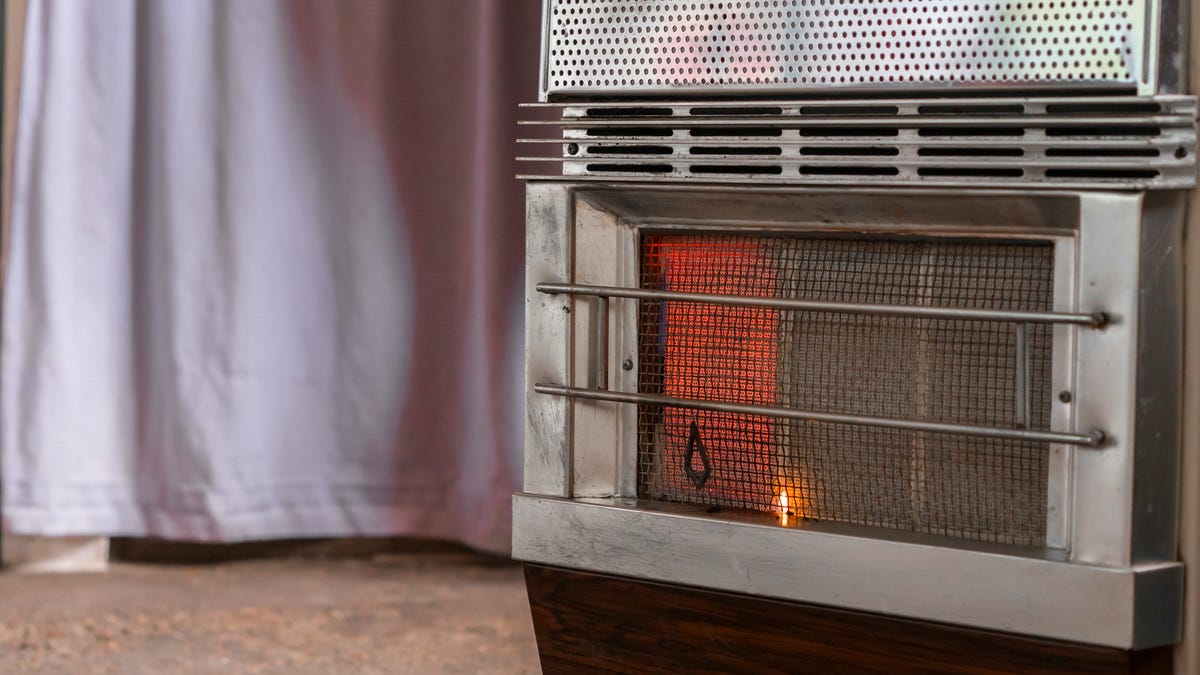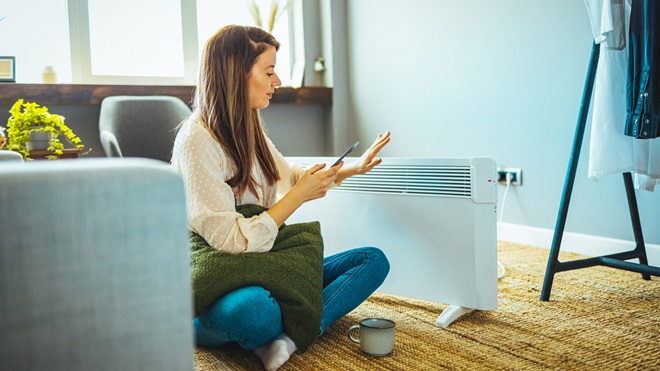
How Your Central Heating is Making You Sick
We don’t generally think about our central heaters as something making us sick, which is why the problem is so insidious. Dust, pollen, and other allergens collect in the ductwork during the spring and summer. When you turn on your heating system in the fall, they come rushing out into your home and lungs. If you haven’t changed out your air filters, you may be breathing in mold and dust accumulated over time.
Ways Indoor Heaters Affect Your Health
They Can Lead To Fire Hazards
Indoor heaters can also cause a fire. Indoor heaters are the most common cause of fire-related deaths during winter. This is one of the main reasons that they are not recommended for prolonged indoor use and require special precautions when used temporarily.
Space heaters quickly rise in temperature. Flammable items, even dust, that is too close to a space heater can catch fire when exposed to the level of dry, intense heat that they produce. Curtains, bedclothes, stacks of paper or flammable furniture may catch on fire if they are in the path of an electric space heater.
Space heaters are also meant to be portable. While they’re easy to carry, this also makes them easy to tip. Homes with pets may find that the heaters get knocked down, which again can bring them into close contact with carpeting and other flammable materials.
Beware Of Gas Heaters
Central heating that runs on gas is all the rage abroad. Or at least it was, until people started waking up to the fact that they may severely damage your health, and cause permanent damage to children’s lungs. It was found that children living in homes that use LPG heaters have a much higher incidence of asthma and suffer symptoms such as coughing, sneezing, wheezing and lung damage.
They Have Extra Expenses
Most households operate on a fixed budget. The utility cost to heat the room to a comfortable temperature with a space heater is several times more than using a built-in system to heat your home. This is because they are less efficient and can only effectively heat one room at a time.
The high energy use of electric space heaters will also put a large demand on your electric circuits. It is best to plug it into an outlet with a GFI circuit breaker so that your system can shut down the outlet if it overloads it. If you use the heater on a high-demand circuit. You may have to be careful about what other electrical components you also run on that electrical circuit. Placing the heater on a high-demand circuit could mean dealing with tripped breakers.
